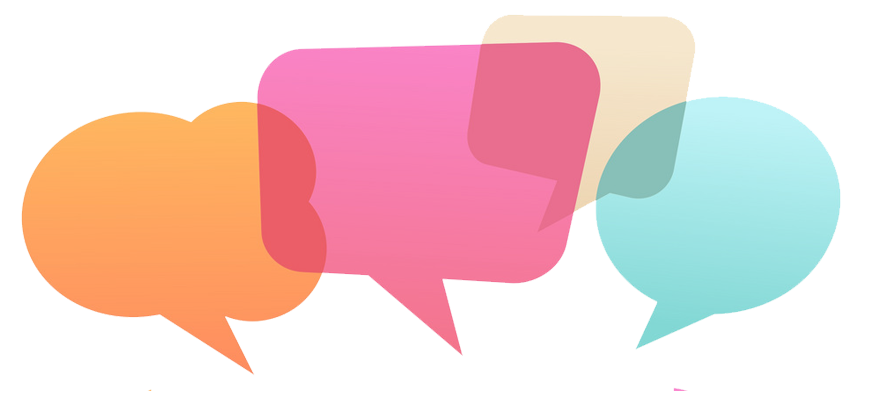
“Speech is power: speech is to
persuade, to convert, to compel.”
– Ralph Waldo Emerson
FAQ's
Here we try to answer your questions – if there is anything you think we are missing, we’d love to hear from you.
Speech refers to verbal means of communicating. It encompasses things such as voice, fluency, and pronunciation of specific sounds. Speech difficulties can occur for a number of different reasons and a simple speech evaluation can help determine what’s wrong and how to treat it.
Language, on the other hand, is composed of socially shared rules and includes understanding and use of vocabulary, manipulating words to form new words, formulating sentences, and using appropriate sets of words for specific situations. A language evaluation should be conducted if your child presents with difficulties in any of these areas.
Based on developmental norms, it is expected that your child say his/her first word around 12 months, with at least 10-20 words by about 18 months. By 24 months, your child should be stringing two word combinations together, such as, “Daddy go,” “Want ball,” or “More milk.”
Keep in mind that these skills do not develop at the same exact age for all children and that these ages act merely as a reference point. So for example, if your child is 13 months and has not said his/her first word, it is certainly not time to panic. If your child is 18 months however and has not spoken a word, this may be of concern.
Age is another factor that can lead to speech and language disorders.
Weakened muscles in the throat and vocal cord area and diminished cognitive abilities can be as detrimental to speech as illness or injury. Advanced age can also affect swallowing abilities. Many speech therapy treatments are useful for both speech disabilities and swallowing disorders.
An inability to speak properly is often embarrassing, and many adults are reluctant to seek help. It may be time to seek out speech therapy if your loved one experiences any combination of the following symptoms:
- Speaking softly or barely able to whisper
- Rapid rate of speech with mumbling
- Hoarseness, breathiness, or nasal and stuffy-sounding speech
- Poor vocal quality
- Decline in memory
- Decline in ability to produce or understand language
- Difficulty with non-speech movements such as sticking out the tongue
Speech therapists perform a variety of mental and physical tests during the diagnosis process. Treatment will begin once the underlying cause of the disability is identified. The therapist customizes a program to fit the needs of the patient and their specific disorder, such as those mentioned below.
Dysarthria is a condition in which weak muscles in the jaw and mouth area make speaking difficult. While age is a common cause of Dysarthria, it can also result from illnesses such as Cerebral palsy, Multiple Sclerosis, Lou Gehrig’s disease, stroke, or brain injury. Treatment for Dysarthria involves oral motor therapy, in which the patient mimics mouth movements made by the speech therapist.

